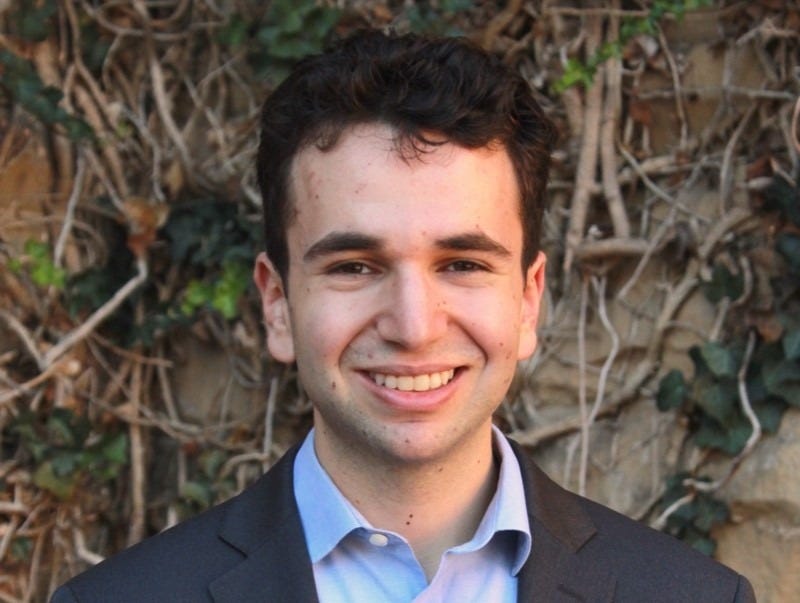Becoming Less Misled and Fooled by AI
The answer, says one expert, may partially or significantly lie in the type of questioning we already do in our everyday lives

A little skepticism and healthy dose of curiosity is good in life, including when viewing and thinking about emotionally-charged communication. Here’s why:
“You don’t need advanced technology to dupe people online,” wrote Nadav Ziv at Time.
“We’ve long warned that cheap fakes were more dangerous than deepfakes: nearly as effective, but far easier to make.”
If this is confusing, here is a synopsis from AI:
The main difference is that deepfakes use advanced AI and deep learning to create highly realistic manipulated media, while cheap fakes use simpler, conventional editing tools and techniques like speeding up footage or using basic photo editors.
Deepfakes are technologically sophisticated, often involving realistic face-swapping or voice cloning, whereas cheap fakes can include misrepresenting context or using non-AI-based manipulation, such as “photoshopping.”
Ziv presented a protective approach as strategy to lessen the likelihood falling for and believing what isn’t factual and true. He advocates for doing an honest examination for reputation. Ziv explained the meaning behind his point and his reasoning:
Reputation matters: it’s the mechanism we use to make decisions when we lack knowledge and expertise (in our everyday lives).
Reputation is crucial in so many areas of our lives.
Why, then, on the internet, do most people ignore it?
It’s not a question that most of us ask ourselves and that is a detriment to the quality of our understanding, conclusions, communication and decisions.
Ziv elaborated as to why we as individuals and society, as a collective, need to care.
“Too many internet users fail to consider reputation or (they) mistake Google or ChatGPT for vetted sources, rather than flawed aggregators,” he wrote.
The argument is that society has either prematurely granted or misplaced its trust, maybe because it’s often in a hurry but also because if its’ on the internet — and better, fits our belief system — it must be true, beyond question.
That’s an easy trap to fall into and a bad or dangerous habit for anyone to develop.
“When people try to evaluate reputation, they’re swayed by easily-gamed signals provided by the source itself: a dot.org domain, official-sounding language on the ‘about’ page, the quantity of data irrespective of its quality or gut feelings about how something looks,” Ziv wrote.
All of what he is communicating here is reasonable. Of course, this naturally, easily happens more often than it doesn’t and that means trouble.
“These features glitter like fool’s gold,” Ziv stated. “… and reports suggest that AI is so realistic that it forces us to doubt our own senses: from clones that sound like our parents to hyper-realistic fakes of a blaze engulfing Seattle’s Space Needle.”
The Harsh Reality
Too often, Ziv is noticing a binary outcome from which we need to break free.
“This information landscape presents a no-win choice between submission and solipsism: not caring what’s true or insisting that nothing is,” he wrote.
“The former leaves us vulnerable to bad actors who weaponize realistic clips. The latter leaves us devoid of good information. Both options erode informed citizenship at a time when it’s in short supply.”
As smart as mankind and womankind are, they are susceptible to being fooled. They are not immune to being persuaded by “bad actors.”
Proposed Solution
“Here’s what we can do,” Ziv recommended, “instead of focusing on the content itself, first ask who’s behind it…”
Going back to reputation, he warned against blind trust in “outsourcing our thinking to technology,” and instead, “using technology to establish reputation and sharpen our thinking.”
Yes, that: questioning the trustworthiness of what we are watching, reading, listening and feeling; vetting sources of claims and learning of their reputation, to help “sharpen our thinking” instead of assuming we are above being deceived.
Objectivity and Trustworthiness
“The good news is that all of us can get better,” Ziv encouraged. “Even a few hours of instruction on how to gauge reputation can move the needle…”
A concerted, consistent effort; healthy skepticism and curiosity: they can help us greatly to become better judges of what specifically we’re reading and seeing, in context, in AI text, audio and video and whom to trust to verify what we’re consuming.
“When we can no longer distinguish real from AI-generated content, it can feel downright futile trying to decide what to trust,” Ziv admitted.
“But we can better cope with today’s knowledge ecosystem by doubling down on an ancient lesson: the importance of reputation.”
We can come to regularly ask, “what or who specifically is the source for this information, claim or allegation and is it one of ethical principals, consistently and reliably exhibited? And how do I know it? Is there anything this source may be missing?
A reputation for honesty in all ways, not just select ones, needs to be present, just as in any other person, group or thing we research.
Connect with Michael
Is this your first time reading? Subscribe: Free or paid (for extras)
Follow me on LinkedIn for more insights
Learn more about just some Reputation Intelligence services
Want me to communicate with and/or for You?






Wow, the part about cheap fakes being more dangerous than deepfakes really stood out to me; it highlights how human psychologie often trumphs algorithmic complexity.